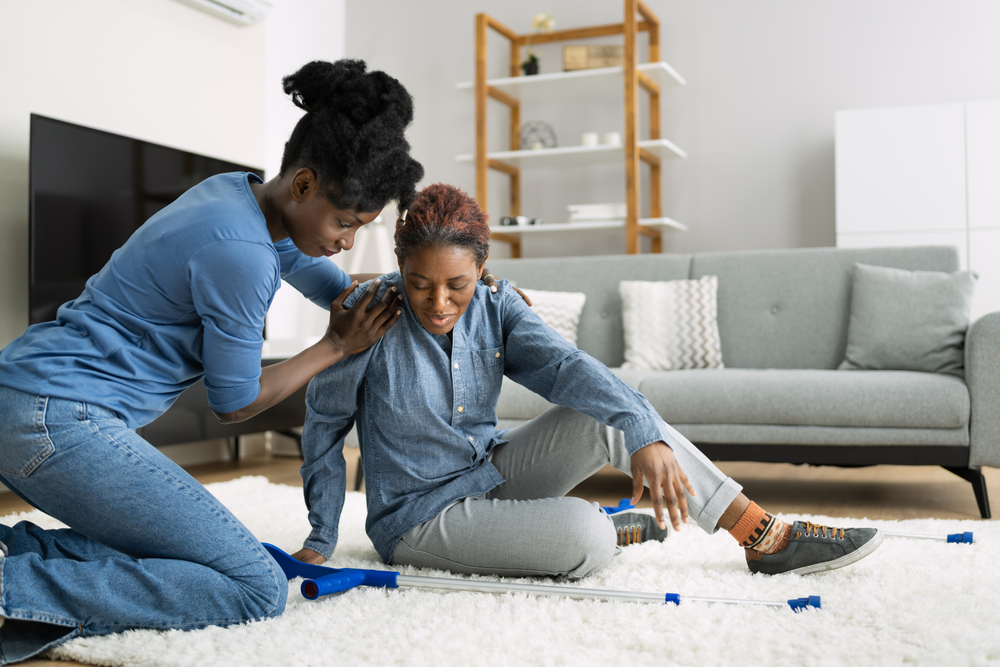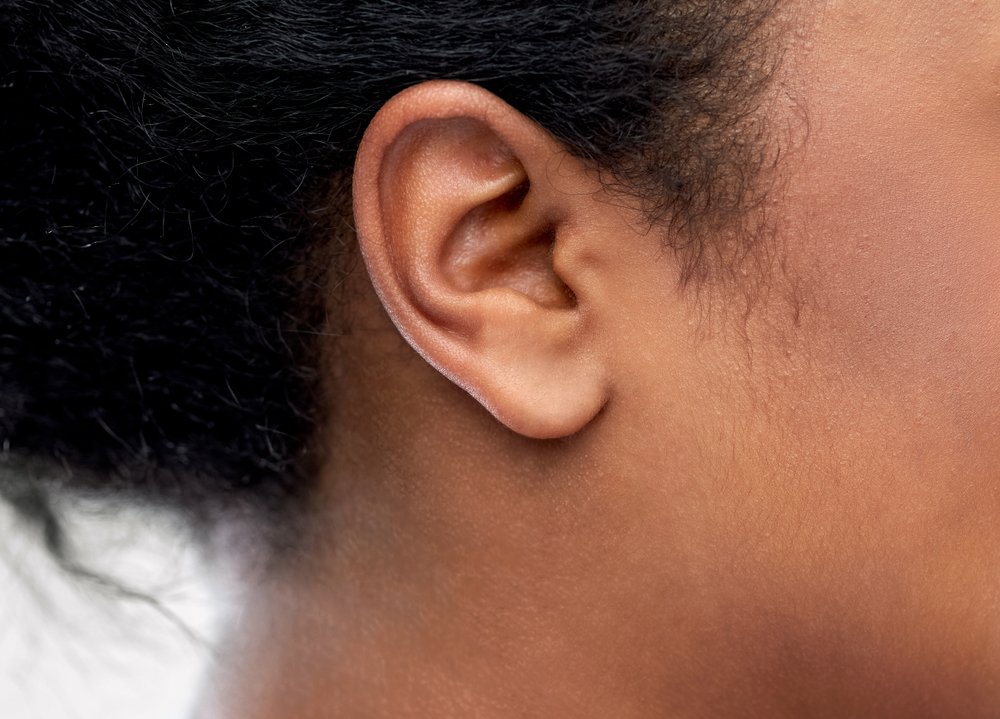Pain points. That’s the marketing buzzword for those aspects of your life that cause unpleasantness. Because hearing loss will often introduce new stressors into your life, “pain point” is also an apt way to discuss the social turbulence that suddenly impacts your friendships and relationships.
That’s not to be overly glib. It’s just that, as with any change, hearing loss takes some getting used to. Anticipating some of the more common pain points are can help you avoid them when you see that those hurdles headed your way.
Hearing loss and isolation
Whether they are platonic or romantic or familial, your relationships depend on communication. So when signs of hearing loss begin to appear, that vital link can sometimes start to break down–especially if you don’t know yet that you’re suffering from hearing loss.
Let’s illustrate the point with a quick example: Paul and Cindy are in their mid-forties. They go to work, happy hours, and holiday parties. But, lately, Paul’s hearing has been declining. At their most recent happy hour, all of Cindy’s co-workers ignored Paul, which was unusual. They weren’t trying to be mean. It’s just that Paul kept asking them to repeat everything, and he didn’t seem to be following the conversation.
It wasn’t easy for Cindy’s co-workers to carry on a conversation with Paul, so they just turned their attention to Cindy. But for Paul, it was an isolating experience. He felt ignored. And he didn’t much like Cindy’s co-workers afterward.
One thing leads to another
The commute home for Cindy and Paul is not a congenial one. Neither of them had a great time at the holiday party, and they couldn’t quite put their finger on why, which made the whole thing hard to talk about. The party had become a (wait for it…) pain point.
Hearing loss strains relationships
Hearing loss can strain relationships, sometimes in subtle ways. To get a little more specific about it, some of those stressors can include:
- One partner feels ignored or unseen, leading to a sense of resentment.
- Minor misunderstandings can end up becoming more serious. Let’s visualize this: Your partner asks you… something… but you’re not sure what. You didn’t hear the whole thing. So you just nod. (You’ve been asking her to repeat herself a lot lately and would feel guilty asking for clarification yet again.) Little did you know that your partner asked you to pick her mother up from the airport. You can see how that might cause some turbulence.
- You might become less enthusiastic about engaging in conversations. It can be tiring trying to read lips or asking your friends to speak up continuously.
- It’s harder to catch up with people you don’t see every day. For many people with untreated hearing loss, the phone can become a significant (here we go again) pain point. So you don’t take as many phone calls, and maybe some of your friendships begin to fade.
- You might start to feel lonely. And that can be pretty tough if you’re used to having a partner in your life with whom you share everything. Or if you’re used to having friends around all the time. Loneliness can have actual physiological effects on the body.
Managing your pain points
Most of these pain points emerge for one straightforward reason: you are unaware of your hearing loss, or your hearing loss has gone untreated. For example, maybe Paul noticed his hearing loss–just the beginning stages–but thought, “it’s not hurting anyone but me, so I’ll just tough it out.”
But that work happy hour clearly showed how Paul’s hearing loss would impact Cindy as well. If you’ve spent your entire life relying on your sense of hearing, that’s how you connect with people. And when those connections begin to fray, the experience can be… unpleasant.
A hearing aid–as an example of a hearing loss treatment–can help sustain your connections and relationships. You won’t have to ask your friends to repeat themselves quite so often, for one. And you’ll have an easier time engaging in all kinds of conversations and social situations. So, treatment is the key.
Because we shouldn’t forget that hearing loss can also bring you closer together. And, if all goes well, you can start thinking about “joy points” (I think I might trademark that one).



